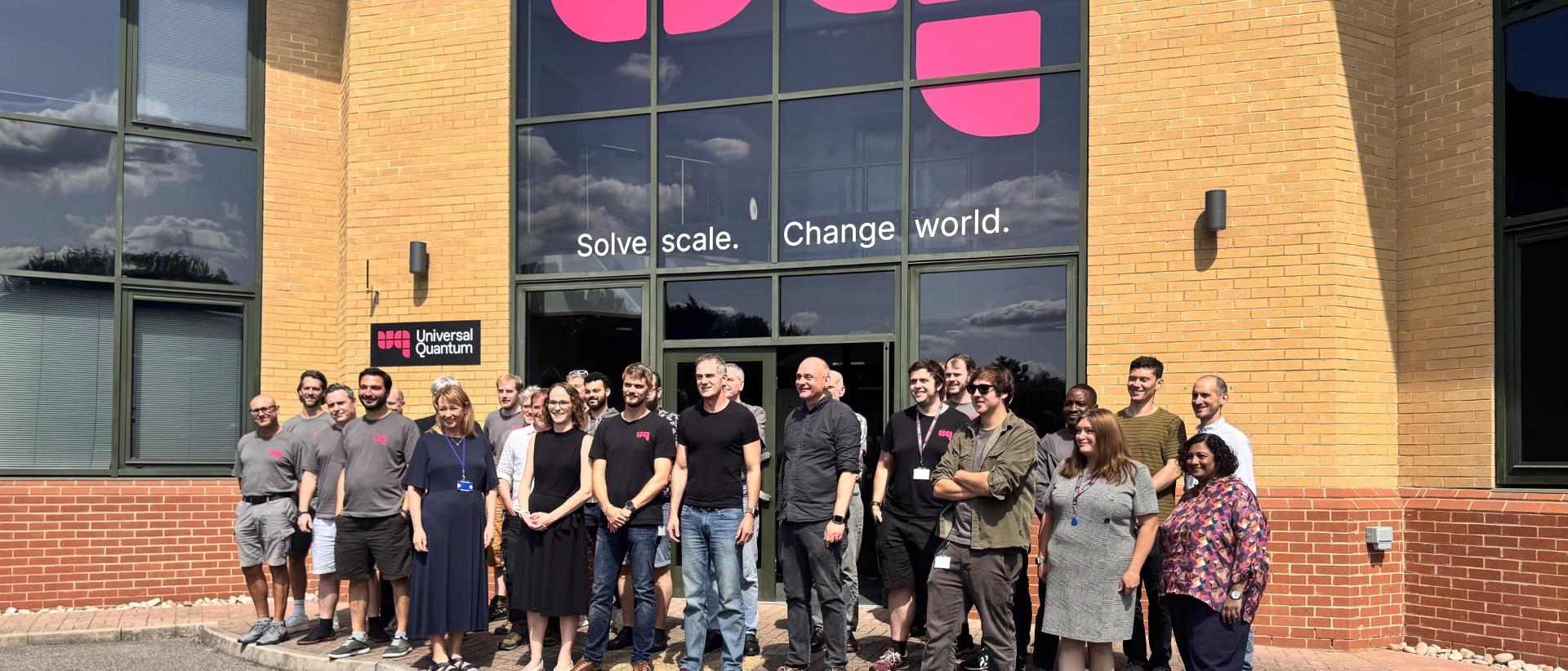UK Science and Technology Secretary, Peter Kyle, visited Universal Quantum’s headquarters in Haywards Heath today to see first-hand the company’s pioneering work in building modular, fault-tolerant quantum computers designed to scale to millions of qubits. The visit formed part of a wider conversation about sustaining the UK’s momentum in quantum as other nations dramatically increase their investment.
During the visit, Universal Quantum CEO, Dr Sebastian Weidt, gave a tour of the state-of-the-art Haywards Heath site, showcasing the company’s modular trapped-ion technology. Dr Weidt also spoke about what it will take for quantum technology to scale to the level of utility, unlocking economic impact, strengthening national security and driving long-term prosperity for the UK and beyond.
Peter Kyle MP said:
"The amazing work taking place at Universal Quantum is exactly the kind of regional innovation our Industrial Strategy is designed to support and encourage.
The breakthroughs here are a powerful example of how world-class research can create the skills and jobs that improve lives across the country while securing our position as a global pioneer in quantum technologies for the long term."
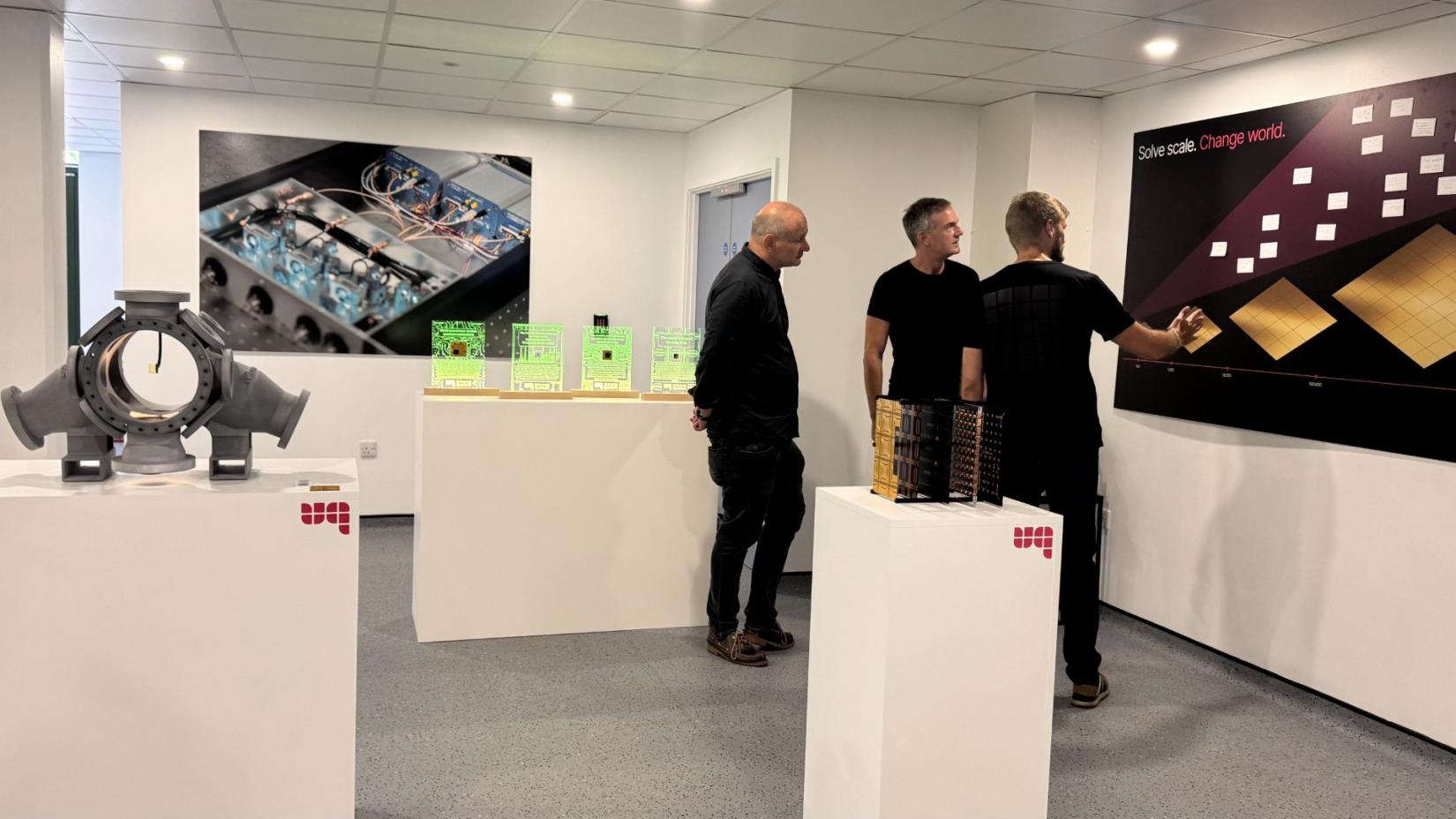
A growing global footprint
Universal Quantum’s engineering-led approach is gaining traction internationally, with the UK as the anchor of a growing global presence spanning the Germany, Japan, Australia and the US. In Germany, the company is delivering a major EUR67M contract with the DLR (German Aerospace Center) to develop next-generation ion-trap quantum computers. In addition, a recently announced multi-million Euro partnership with the Hamburg Innovation Bank and the Hamburg University of Technology is developing scalable quantum software capable of supporting machines with 100,000 qubits.
In Japan, Universal Quantum has signed a Memorandum of Understanding with the National Institute of Advanced Industrial Science and Technology (AIST) to accelerate the industrialisation of scalable trapped-ion quantum computing in partnership with Japan’s quantum ecosystem. The company’s Australian footprint has also continued to grow, with increased collaboration and funding from Australian partners recognising the strategic value of Universal Quantum’s large-scale trapped-ion systems.
Defining a new era of quantum engineering
Universal Quantum’s technology is built on a modular architecture where individual quantum processing units (QPUs) can be linked in an error free manner and at speed, overcoming one of the sector’s most persistent scalability challenges. This architecture underpins a fault-tolerant design, ensuring that performance does not degrade as systems grow.
The company’s growing portfolio of international projects, combined with its leadership in the UK’s National Quantum Strategy, positions it as a central player in defining the next decade of quantum computing, one where scale, reliability and accessibility determine real-world impact.
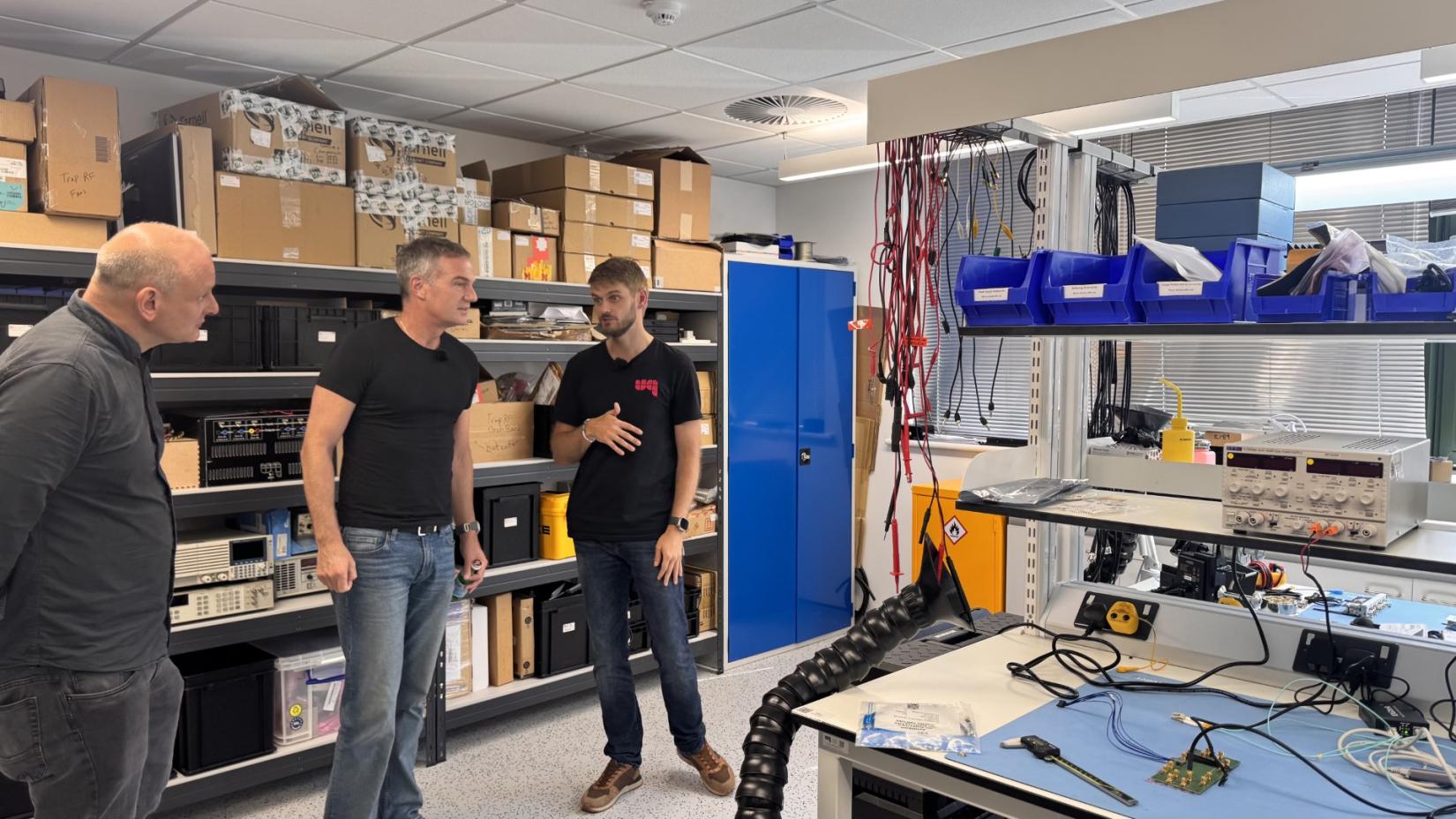
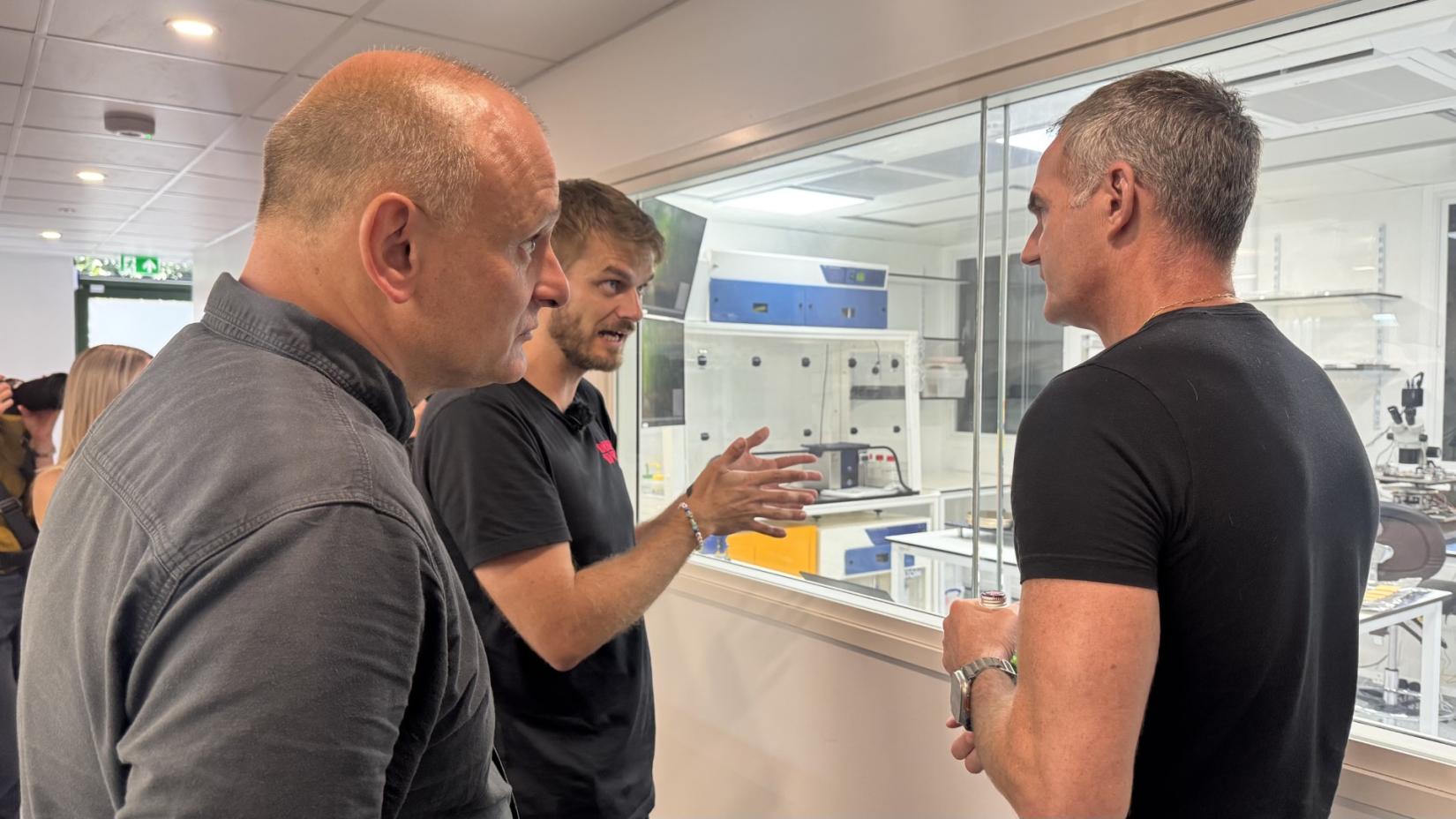
UQ CEO, Dr Sebastian Weidt, said:
"Our mission is to build large-scale, fault-tolerant quantum computers that can deliver real-world impact. Delivering this world changing technology requires political will, long-term funding and world class talent.
We are already making significant strides toward creating a technology platform that leads to breakthroughs in fields such as drug discovery, climate modelling and national security.”
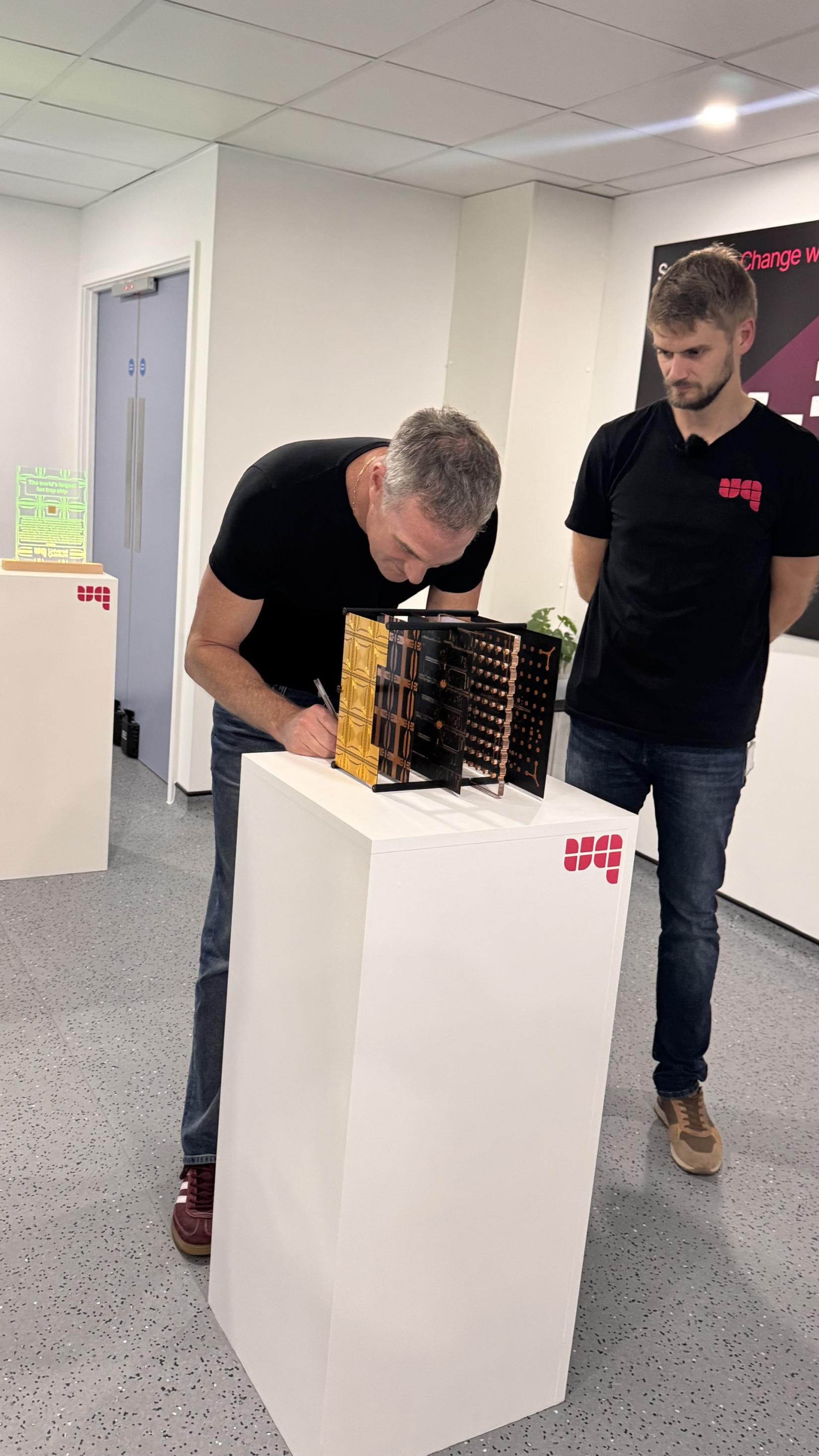
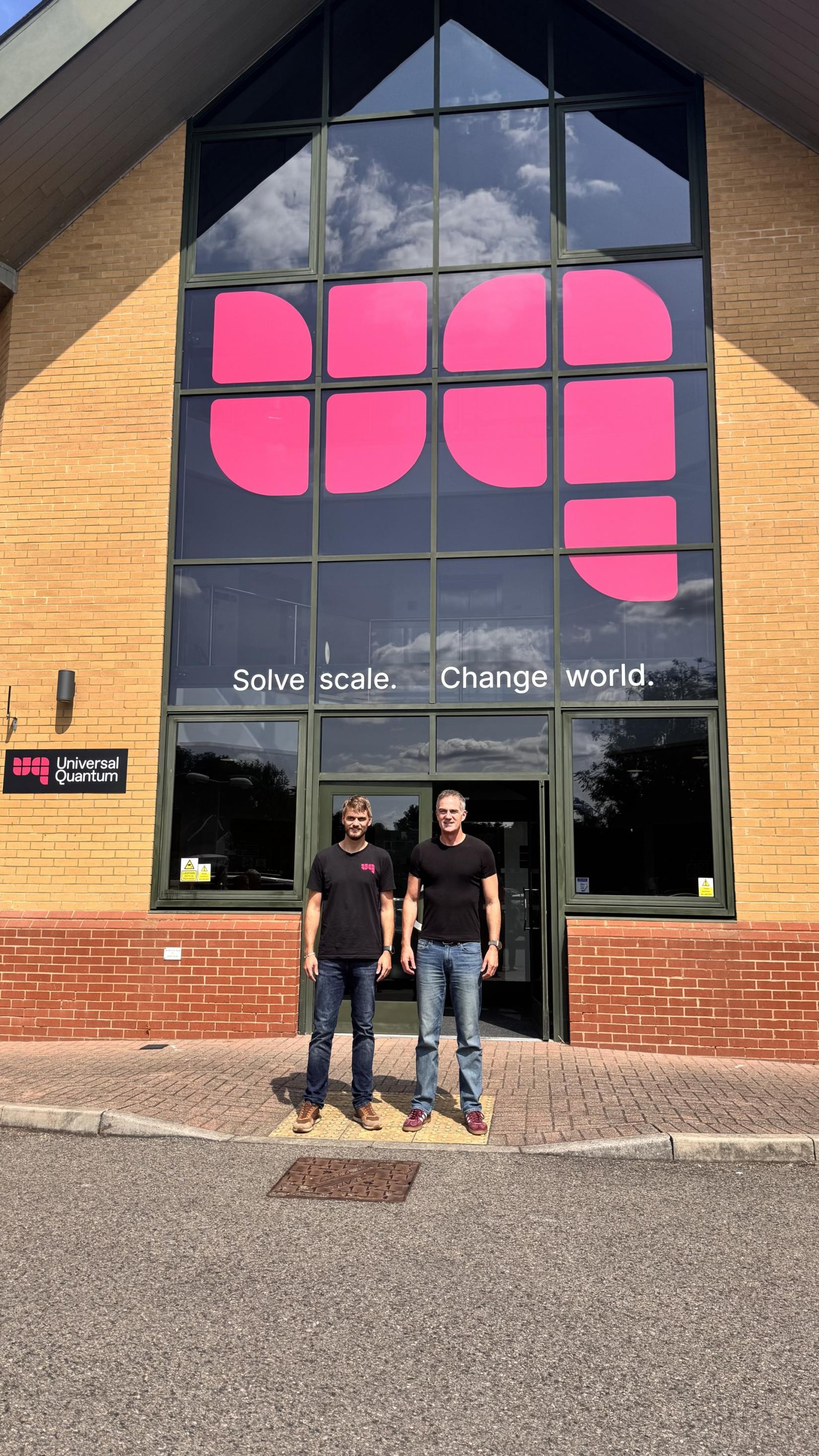
About Universal Quantum
Solve scale. Change world.
Quantum computers have the potential to overcome some of humanity’s greatest challenges. To realise this potential, we need to build machines that scale. This is what we do at Universal Quantum.
We are a team of passionate engineers, scientists, and operational staff, driven by a shared mission: to build the technology that will transform our world.
We are building utility-scale quantum computers based on a robust, modular and practical blueprint, in partnership with the leading organisations and investors in the field.
For media inquiries, please contact:
📧 [email protected]
